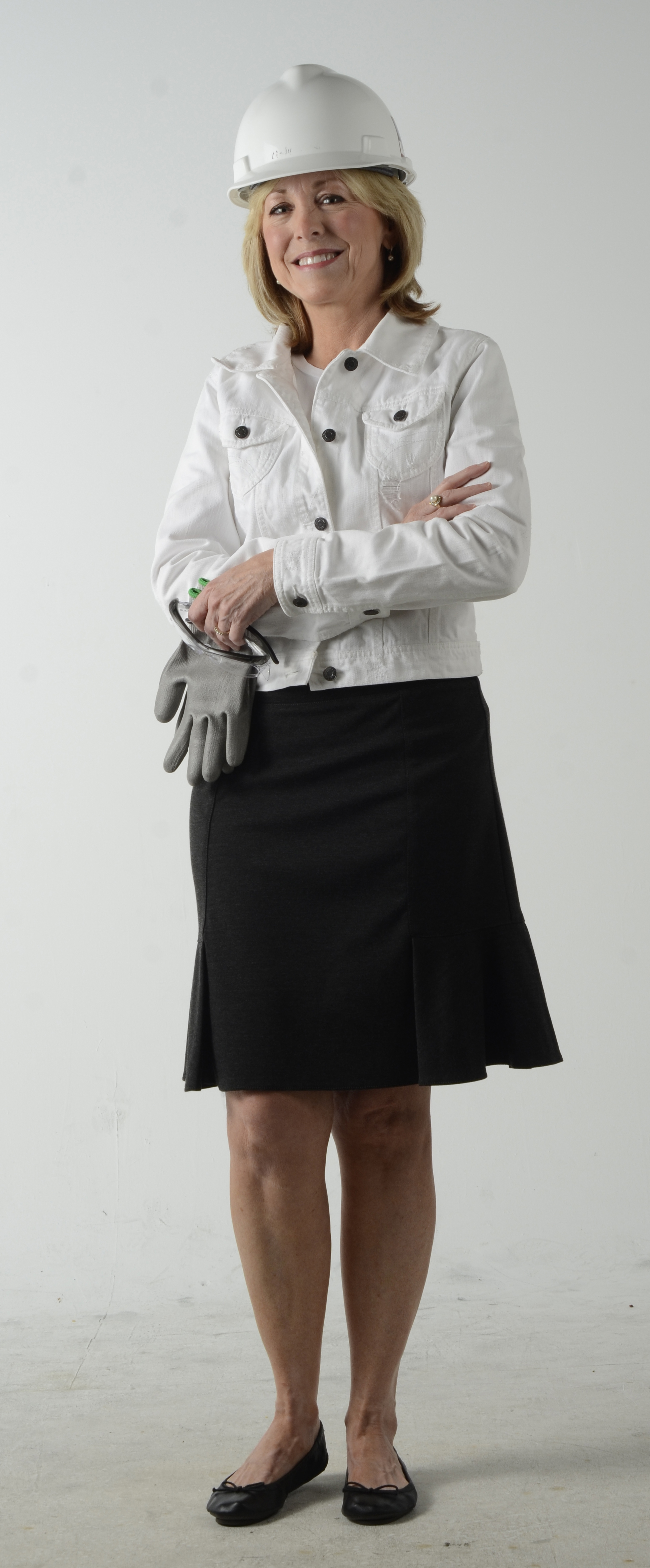Dental hygienist trains to be radiation protection engineer
Friday, January 1, 1904
CINDY GULASAge: 51.Hometown: Chattanooga.Education: Bachelor's degree, East Tennessee State University; anticipated associate's degree in radiation protection engineering, Chattanooga State Community College.Family: Husband, George; children, Elana and George.FAVORITESHobbies: Reading, walkingBook: "Jane Eyre"TV shows: "Revenge," "The Big Bang Theory"
Cindy Gulas checked an item off her bucket list when she went skydiving two summers ago, but she didn't realize the event also reflected the giant leap she was making in her career.
The Chattanooga native had been a dental hygienist for 30 years before returning to school and eventually changing careers.
Later this month, Gulas, a wife and mother of two grown children, will graduate from Chattanooga State Community College with a two-year degree in radiation protection engineering.
She'll graduate summa cum laude and walk away with the Excellence Award in the Engineering Technology Department, the Engineering Technology Department Award in Recognition of Excellent Support and the school's Presidential Excellence Award.
The latter award, she believes, was given for her efforts in lining up speakers and arranging tours for students in the school's nuclear-related programs
The degree itself, according to Gulas, prepares her to work in nuclear power plants, hospitals, research facilities and other companies that handle low-level radioactive waste processing.
"I'm still learning areas [in which] this profession could be useful," she said.
"I didn't realize it at the time," Gulas said of the skydiving, "but it was probably symbolic of this episode in my life. One of my sayings that I have taken a liking to lately is 'Life begins at the end of your comfort zone.' I'm finding that is true."
Q: What was your motivation for changing careers?
A: I felt myself getting a little uneasy over the years. It was time to grow. A lot of it just had to do with personal growth and feeling like I had to learn something new and have new experiences. I think that's kind of where it started. I really didn't know how to go about doing that, and for me I think that the first thought that came to mind was [to] go back to school. I did, and I started taking a few classes along the way, not sure what I was going to do.
Q: What made you select radiation protection engineering?
A: As a dental hygienist, I had a patient who came in to have her teeth cleaned. We were just having our usual how-are-you-doing conversation, and she said, "I'm back in school." And I was like, "Well, me too. I'm taking some classes. What are you doing?" And she told me about this [radiation protection engineering] program at Chattanooga State. And, immediately, bells and whistles were going off in my head [like] when you realize something has just clicked with you. And I was so excited. I think the very next day I ran to Chatt State and went into the office of the dean of engineering, Tim McGhee, and said, "OK, what do I have to do to get into this program?" And that's basically how it came about.
Q: What does someone with a radiation protection engineering degree do?
A: Because nuclear power plants have radioactive material that emit radiation, controls have to be in place, and those issues have to be addressed. Some of the simple principles that we use are time, distance and shielding. If you decrease the amount of time you're in an area, you will lessen your exposure to any radiation. If you increase your distance from a radioactive source, you will lessen your exposure to radiation. And you can also put up shielding. ... Basically, it comes down to understanding your plant systems, knowing where potential areas are that need to be under control and being able to protect employees if they have to go into these areas. It can get kind of complicated, but we survey areas for radiation, know what we're getting into, where we're going. We make sure our employees have the equipment they need to be safe, that they're dressed appropriately. We monitor work jobs [for traditional employees and contract employees].
Q: Does your previous career in dental hygiene cross over with your anticipated degree in radiation protection engineering?
A: It really does. As a dental hygienist, we studied a lot about anatomy, physiology, radiology and pathology, and we used a lot of the same principles in dentistry that I will use in the power plant. When you go to a dental office and you have an X-ray, they'll put a shield over you, and the X-ray person will step back. Anytime you work with radioactive material or machines or equipment that create radiation, you've got to take some steps to control your exposure. We were doing that in the dental office. We do it in a much bigger way in a nuclear power plant.
Q: What's next for you when you receive your degree?
A: TVA has been a very good supporter of this program at Chatt State, and as of now they have budgeted for my class to have internships that should begin shortly after we graduate and last five or six months. In the long term, though, to be honest, I cannot see past that internship. This is another one of those points where I'm unsure of how my path is going to go. I do know that I have to learn this job. I feel like my future will be in nuclear power plants for quite some time.

